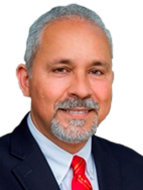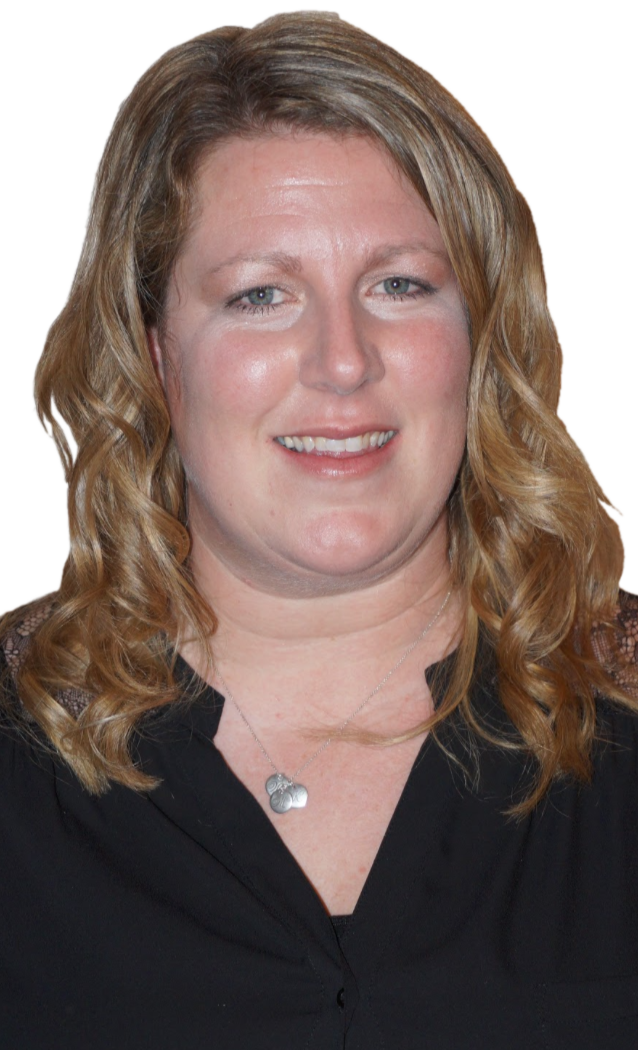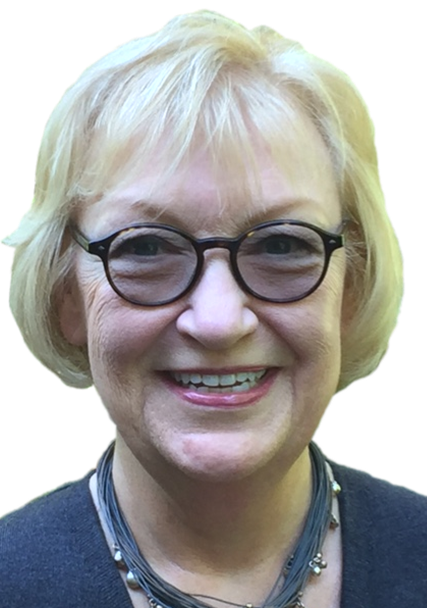You are here
2017 Summer Teaching, Learning and Assessment Institute & Summer Academy
Click here to view the breakout sessions. (updated 7-24-17)
Download the Mobile Event App:
We have developed an event app that will not only enhance the experience for attendees and presenters but save some trees along the way. The app is ready to download on your iPhone, iPad, or Android! Click https://crowd.cc/s/WVAg from your device. Event Website (use the website for all other devices): https://crowd.cc/2017assessment
Apple and Android users can also search for the app in the iTunes store or Play store.
On-site registration will be available.
Featured Speakers:







- Salam Noor, Deputy Superintendent of Public Instruction, ODE - Bio
- Larry Ainsworth, Author and Consultant - Bio
- Kevin Feldman, Emeritus Director of Reading and Intervention, Sonoma County Office of Education - Bio
- Margaret Heritage, Senior Scientist with Program Services, WestEd - Bio
- Victoria Bernhardt, Executive Director of the Education for the Future Initiative, and Professor in the College of Communication and Education at California State University - Bio
- Randy Sprick, Educational Consultant, Safe & Civil Schools - Bio
- Jessica Sprick, Writer and Trainer, Safe & Civil Schools - Bio
Pre-Conference - August 1st & 2nd:
Coordinating Federal Programs and Maximizing Federal Funds- (Theresa Richards, Melinda Bessner, Lisa Plumb, Russ Sweet, Dona Bolt, and Taffy Carlisle) This combined federal programs daylong workshop is designed for federal program coordinators, district and school administrators, and staff. The session will provide information on formula grants (Titles IA, IC, ID, IIA, III, IVA, IVB, VIB, and McKinney-Vento) under the Every Student Succeeds Act (ESSA) with a particular focus on how federal funds can work in a coordinated way to meet identified student needs and support activities that improve outcomes for all students. Participants will learn about changes in federal program requirements under ESSA, planning from a comprehensive needs assessment, what funds can be used to support different activities, and how funds can be used to maximize flexibility and enhance coordination of programs. Click here to view the agenda. The August 1 Federal Funding and Programs Pre-Conference is sold out. You can still register for the August 2 Federal Funding and Programs Pre-Conference.
Pre-Conference - August 2nd:
Featured Speakers:





- Melissa Thurman, Consultant/Coach, Educational Excellence - Bio
- Meagan Kimball, Consultant/Coach, Educational Excellence - Bio
- Ali Hurd, Consultant/Coach, Educational Excellence - Bio
- Larry Ainsworth, Author and Consultant - Bio "Learning Intentions and Success Criteria: Setting the Stage" (keynote)
- Linda Vanderford, School Improvement Consultant, Clackamas ESD
- Carol Middleton, Director of Curriculum, Instruction & Evaluation, Clackamas ESD
- Karin Moscon, Education Specialist, Oregon Department of Education
Teacher Clarity: Learning Intentions and Success Criteria (Larry Ainsworth) - We have a clarity problem in our schools. We are not crystal clear about what we want our students to know and be able to do. Without clarity of learning goals that provide the sharp focus for both instruction and assessment, teachers cannot achieve the maximum possible impact on student learning. When teachers are certain about their learning intentions and success criteria–what they want students to know and be able to do in a unit of study and the specific descriptors of how students will achieve the learning intentions–they can intentionally design assessments, plan instruction, and select appropriate curriculum materials directly aligned to those learning intentions and success criteria.
Learning progressions are the smaller, sequenced “building blocks” of instruction necessary for students to achieve the larger learning intention of a unit of study. Lesson-specific success criteria provide the detailed descriptors for achieving the learning progression(s) in focus during daily instruction.
Larry will preview the six-step process he created to bring clarity to student learning outcomes by:
- Identifying a rigorous standard for an instructional focus within a unit of study
- Restating the standard as a learning intention in student-friendly wording–without losing the rigor
- Deciding why the learning intention is important for students and teachers
- Writing the unit success criteria–the details of what students will do to achieve the learning intention
- Breaking the learning intention into learning progressions, the skills and concepts that progressively lead to the learning intention, and
- Selecting a learning progression and writing the related lesson-specific success criteria.
Building Teacher Effectiveness: How to Improve Professional Practice and Student Learning (Melissa Thurman, Meagan Kimball, Ali Hurd) - This workshop delves deep into a process that helps educators better understand how to move toward guaranteed and viable curriculum via the Common Core State Standards and how to measure student learning by creating and using meaningful classroom assessments. During this guided practice session, participants will utilize a structured Data Team process and a set of sample student work to plan and differentiate instruction. We will utilize key tools of the trade that support reflective practices and provide tips for implementation. Bring your teams! Districts should come with directors, principals, lead teachers, team facilitators and new staff.
This session is highly recommended for:
- New staff and administrators
- Staff struggling to gain efficiency in executing the seven steps of the data team process
- Small districts that need training without the hefty price tag
- School Board and community members who want to understand proper use of assessment data
Building Educator Assessment Literacy for ELA and Social Studies Teachers: Focus on Performance Tasks (Linda Vanderford, Carol Middleton) - This six-hour workshop is designed to develop educator assessment literacy with a focus on using performance assessments in a balanced assessment system. Participants will collaboratively score student evidence from a performance task using Oregon’s Revised Writing Scoring Guide to build a common understanding of student proficiency. Learn practical strategies for providing effective and efficient feedback. Reflect on the task and student evidence to plan for instruction. Leave with tools and ideas to enhance your classroom assessment practice.
Title IX Training (Karin Moscon) - Federal Law requires that each school district have at least one person designated and trained as a Title IX Coordinator. This workshop meets the minimum training requirement for Coordinators and investigators. Topics to be covered include Title IX and Sexual Harassment, Athletics, Pregnant and Parenting Students, LGBTQ Issues, Single Gender Classes, Discipline, Employment, and Administrative requirements. There will be updates about recent federal and state requirement changes, as well as a review of what patterns have been observed in Oregon reporting this year. A new Athletics toolkit has been created and will be reviewed as well. Any who are interested in learning about the legal rights and obligations associated with Title IX are welcome to attend.
Location
Hilton Eugene
66 East 6th Avenue
Eugene, Oregon, 97401
1-541-342-2000
Agenda
Click here to view the agenda. (updated 7-13-17)
On-site registration will be available.
Directions
Click here for directions.
Lodging
Hilton Eugene
66 East 6th Avenue
Eugene, Oregon, 97401
1-541-342-2000
Booking code:
OSA
Booking link:
Oregon Summer Assessment Institute
Additional Lodging:
Valley River Inn
1000 Valley River Way, Eugene, Oregon 97401 (541) 743-1000
Phoenix Inn
850 Franklin Blvd., Eugene, OR 97403 (800) 344-0131
Mention COSA confernece Block.
